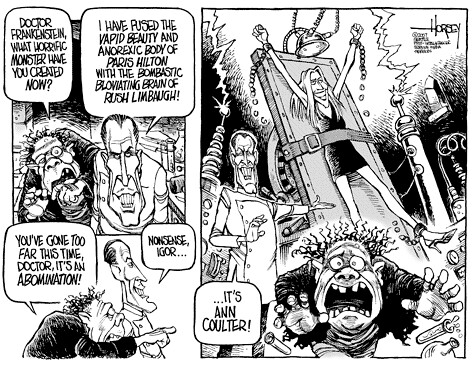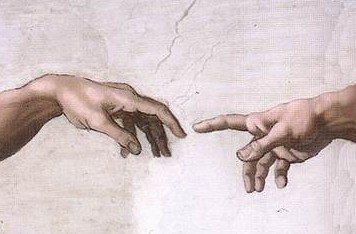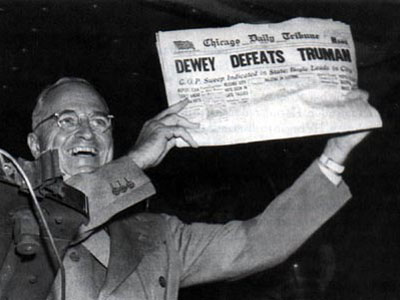Lots of folks are critical of media coverage of the
elections. What really can be done? This has been discussed and written about for quite some time but not a lot of changes have occurred. It seems the media coverage has just worsened.
M.R. Kerbel in 1997 stated that the way the media
covers the elections constitutes a “strategic haze that drowns out coverage of
issue stories and in the process cultivating views among news consumers that
candidates cannot be trusted.”
Graber (1987) stated “they have complained about the
heavy emphasis on horse race and hoopla, the de-emphasis of issues, and the
large number of stories dwelling on the personal qualities of the candidates.”
Kerbel, Apee, & Ross (2000), Contend analyses of
campaign stores carried out by political scientists found that less than a
third of campaign coverage even mentions issues, compared with a large among
of political strategy coverage.
Thomas
E. Patterson, author of The Vanishing
Voter, 2002 (skimmed and looks to be worth a read), is very critical of the press and their role in society. He states:
The
media have a powerful drive toward skepticism, a persistent need for novelty,
and a weakness for personality. These
are deeply rooted and longstanding tendencies within the media that are based
on their need to attract an audience and to avoid taking sides in partisan
conflict. These tendencies, however, are
not the desired characteristics of an electoral intermediary. What voters need from an intermediary is
enough consistency and permanence to enable them to keep their eyes on the
horizon. What they get from the press is
a version of politics that centers on incidents and interruptions (Buy, D’Angelo
18).”
Patterson is bold in his criticisms of the press and states that the problem with the modern presidential campaign lies mainly in the role assigned to the press and not with other players, such as PACS, advertising groups or political consultants. He says that the press imposes its own values on American politics and drives a wedge between candidates and voters rather than bringing them together. He says that political journalism violates the assumption that media coverage should be comprehensive, scrupulously fair, and politically balanced.









